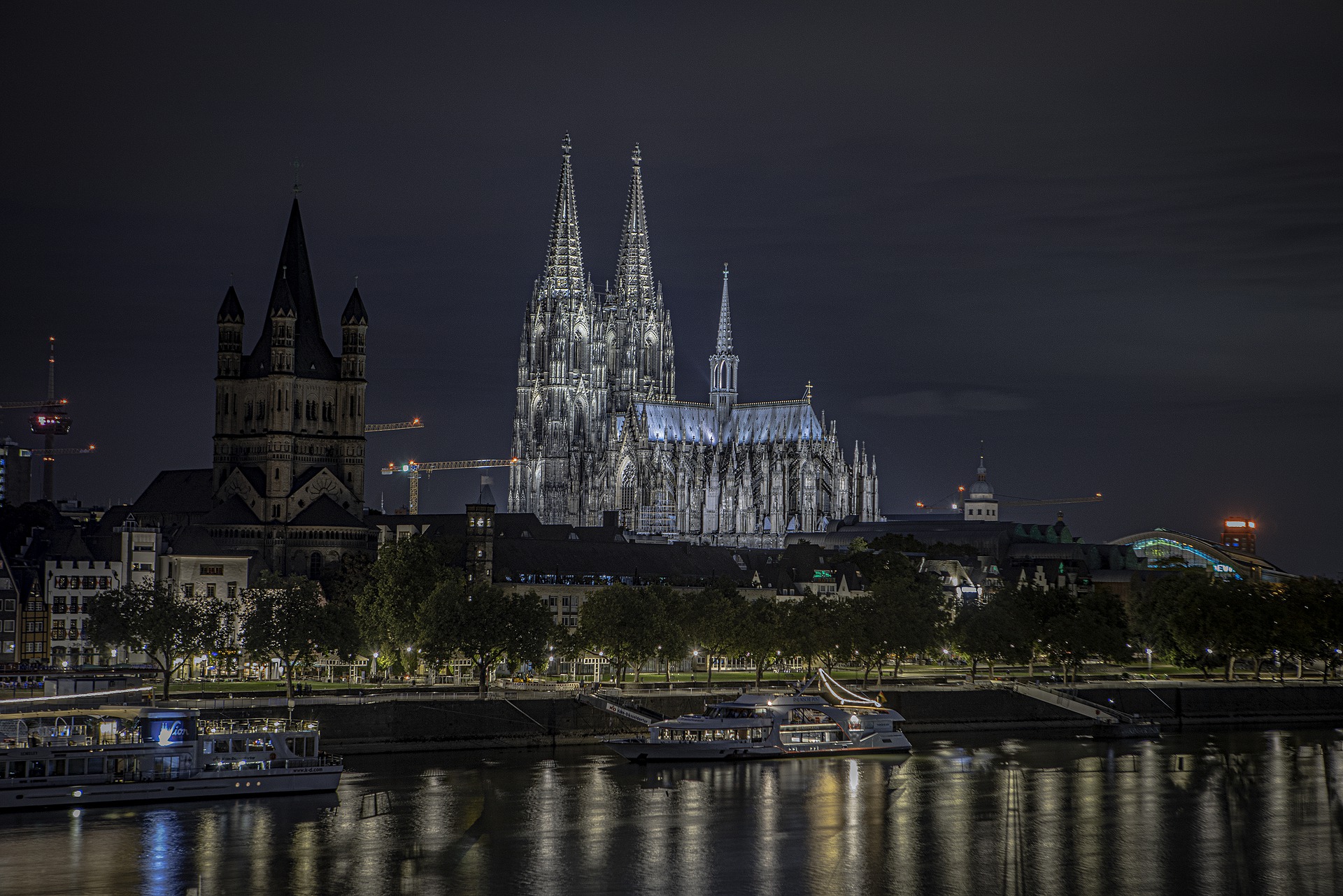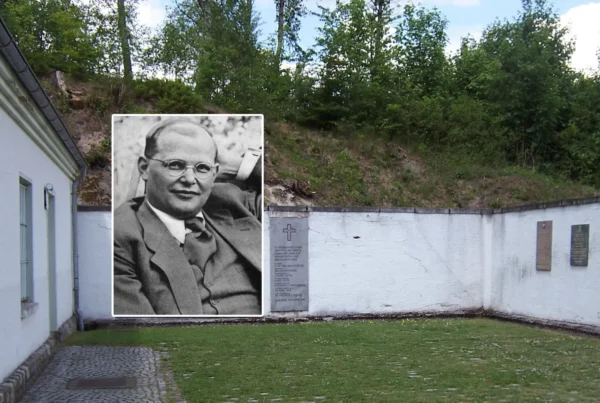The Catholic Church in Cologne has been harshly criticized for the disappointing way in which it handled accusations of child abuse, adding to the pre-existing discontentment of many over traditional Church values that condemn homosexuality and prevent women from becoming priests.
By Allison Westervelt 01.07.2021
A report released in March found more than 300 instances of child abuse within the Catholic Church in Cologne, and 75 cases when clergy neglected to appropriately handle it. The scandal has rocked the world’s wealthiest diocese, exacerbated pre-existing frustration of some parishioners over the church’s refusal to allow same-sex marriage, and caused thousands to leave the Cologne Catholic Church.
Cardinal Rainer Maria Woelki, the Archbishop of Cologne, has been harshly criticized for his poor handling of child sexual abuse within the largest community of Catholics in Germany, and particularly for blocking the publication of findings from an initial investigation in autumn of 2020, which he claimed were unreliable. The move was perceived by many as an attempt to whitewash violence committed by clergy members against children.
Abuse survivors within the community were initially hopeful in 2018 when the Roman Catholic Archdiocese of Cologne declared it would investigate sexual abuse allegations but were disheartened and angered when the archdiocese decided not to release the report on the basis that Cardinal Woelki disagreed with its methodology. For the victims, refusal to release the initial report represented a complete lack of transparency regarding misconduct and refusal of the Catholic Church to take responsibility for the sexual abuse of children at the hands of clergy.
On 18 March, a Munich law firm published an independent report commissioned by the Archdiocese of Cologne in response to accusations that scrapping the first report implied a cover up of child abuse. Björn Gercke, an attorney from the firm that conducted the investigation, shared that the investigation was stalled in several instances over missing documents, but that the Archdiocese of Cologne was supportive and open throughout the process.
Results and Repercussions
After examining thousands of files dating as early as the 1940s and conducting interviews with survivors over a period of five months, the report identified 243 child abusers and 386 victims from 1946 to 2018, with a marked increase in cases of abuse between 2004 and 2018. The 800-page document indicated that 55 percent of the cases involved minors under the age of 14 and half of the cases involved sexual violence, the other half verbal or other physical abuse. Nearly two-thirds of instances of abuse were committed by clergy members, the remaining third by laypeople employed by the Catholic Church.
According to the firm, a significant number of abuse cases were known and documented. Joachim Meisner, who preceded Woelki as archbishop and passed away in 2017, had collected evidence of abuse by clergy but failed in his duties to punish abusers and protect victims. One third of the instances of abuse occurred between 1989 and 2014, when Meisner was in office. The report found Cardinal Woelki did not commit any breach of duty.
The Archbishop Stefan Hesse of Hamburg stepped down shortly after the report named him as one of several senior officials in the German Catholic Church who failed in their responsibilities to deal with the sexual abuse cases.
Cardinal Reinhard Marx, the Archbishop of Munich, offered his resignation to Pope Francis despite not being involved, writing “I have to share responsibility for the catastrophe of sexual abuse by officials of the Church over past decades.” The pope, who is fond of liberal Catholic leader Marx, rejected his resignation. Cardinal Woelki has refused to resign, stating that resigning would only be a “short-lived symbol.”
Thousands have severed ties as a means of protesting its handling of instances of abuse and its denunciation of homosexuality, with approximately 400,000 Germans leaving the Catholic Church in 2020. While the number may seem insignificant compared to 23 million Catholic Germans, it is relevant in that the Catholic Church is losing tax revenue from departed former members, and wealth means power. With its 8 percent income tax on members, the Roman Catholic Archdiocese of Cologne is the richest in the world with a reported worth of $3.82 billion, making it wealthier than the Vatican.
The scandal in Cologne is far from the first involving the Catholic Church, there have been major cases of child sexual abuse in the United States, Mexico, Ireland, and India, to name a few. For many German Catholics who are questioning the moral high ground of the Catholic Church, the shadow of Martin Luther-a German who infamously broke from Rome and started the Protestant Reformation, thus undermining the Catholic Church’s spiritual authority forever-looms large. The scandal in Cologne has reinvigorating discussions within the German Catholic Church to make reforms on topics such as same-sex marriage and women in the priesthood, but some warn that the proposal of such changes could lead to another schism.





